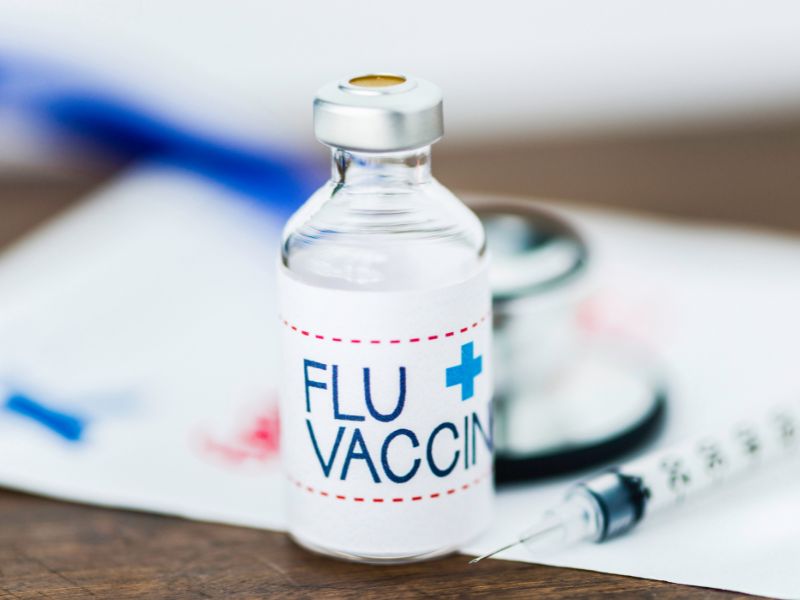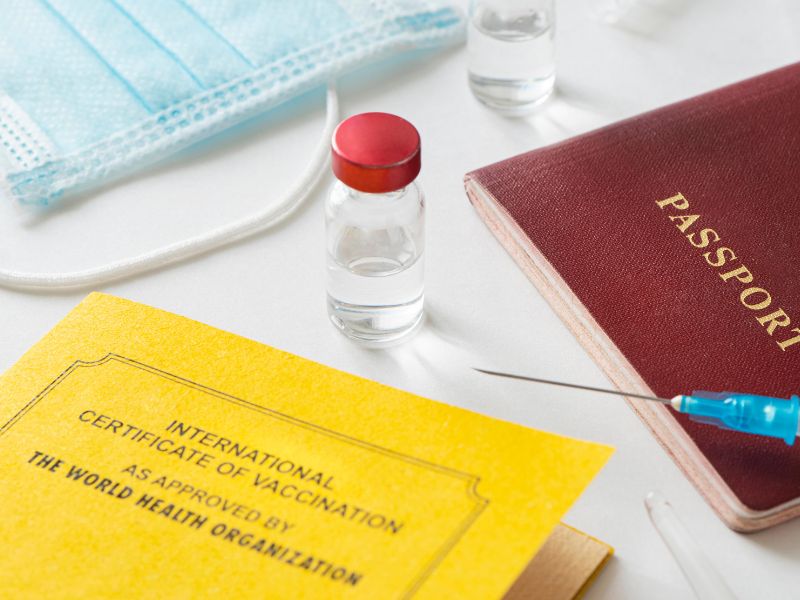
Immunizations help senior adults to stay healthy. The protection for certain immunization vaccines is for a short duration and seniors would require booster doses in order to maintain the protection against the infection. The immune system gets weaker with age and it becomes difficult to fight off certain diseases without proper immunization. Seniors are at high risk for some of the diseases. 45,000 adults die annually from vaccine preventable disease in Canada and the United states. Vaccine schedule will help to maintain the regular immunization against the diseases. It is the first step towards healthy relationships with the family and oneself when getting older. Health care is important for seniors and vaccination can help in maintaining the same standard of healthy living.
CDC recommends that seniors should get the tdap booster shot every 10 years. This is a combined vaccination which provides protection against tetanus, Diphtheria and Pertussis. Most individuals are vaccinated as children against TDAP but would need additional doses later to be protected against the disease. Seniors should schedule the vaccination if they are not sure when they received the last dose or the last dose was before 10 years.

Influenza is the virus which causes chills, fever and sore throat. Seniors have a weak immune system so they are susceptible to flu infection to spread to lungs. Influenza infection in lungs causes pneumonia which can be life threatening. Flu is contagious and can spread human to human in a rapid manner. Also, the virus can adapt and change its structure so the infected person can be reinfected. The flu shot is updated every year to accomodate for the changes.
Pneumonia can spread via air from one person to another. Pneumonia causes approximately 7500 deaths in a year in Canada. Pneumococcal vaccines can provide protection against diseases like pneumonia. The Center for Disease (USA) recommends that older adults with age of 65 and above should take Pneumococcal vaccines every year to reduce the risk of infection.
Seniors who have not received the pneumococcal conjugate vaccine or whose vaccination history is unknown should receive pneumococcal conjugate vaccine either PCV15 or PCV20. This should be followed by PCSV23 to provide protection against the infection.

Approximately, 130,000 Canadians are diagnosed with Shingles annually. The risk of getting shingles increases with age and seniors are more susceptible to shingles. Symptoms of shingles are rash, itching, tingling, scarring of skin, burning sensation. In addition, 1 in 5 who get shingles develop post-herpetic neuralgia. Post-herpetic neuralgia is a lasting pain in skin which was infected with shingles. It is recommended for adults to get Shingles vaccine. Shingrix is recommended for adults with over 50 years of age.
COVID-19 is caused by severe acute respiratory syndrome coronavirus (SARS-Cov2). It has been observed that it can have a larger health impact on seniors with pre-existing medical conditions. Anyone can be infected with Covid but some populations are at risk to the exposure due to living and occupational settings.
Health canada recommends that complete primary series with m-RNA vaccine should be taken by Adults. It is preferred to get vaccinated with m-RNA vaccine due to better effectiveness of M-RNA vaccine and due to rare risk of certain serious adverse events with viral vaccines. Latest information about the Covid-19 vaccines can be found on the health canada website.
The travel vaccines depends on the destination, previous medical condition and different activities planned during the visit to foriegn country. You should consult with your doctor if you are planning to travel outside the country. It is recommended to take the vaccine at least 4 to 6 weeks ahead of the travel date to build up immunity in the body.